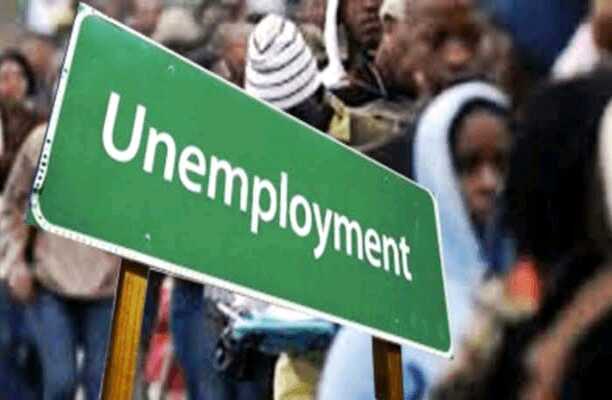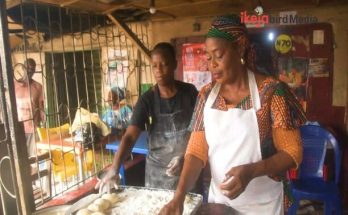By Chiagoziem Laurina Abosi
In the third quarter of 2023, Nigeria’s unemployment rate stood at a staggering 33.3%. It was the highest in recent years, a figure many Nigerians believed reflected the tough reality of joblessness in the country. Fast forward a few months, and suddenly, we’re told the unemployment rate has dropped to 4.3%—a figure comparable to those in developed countries like the UK and the US.
So, what changed? Did we suddenly create millions of jobs overnight?
The truth is simpler but less obvious: the methodology used to calculate unemployment changed.
How Did It Happen?
The National Bureau of Statistics (NBS), the body responsible for these figures, decided to revise how unemployment is measured in Nigeria. Previously, anyone who worked less than 20 hours a week was considered unemployed. But with the new methodology, as long as you work for at least one hour a week—yes, just one hour—you’re no longer counted as unemployed.
This change aligns with international standards, but it paints a very different picture of Nigeria’s labor market.
Why Does This Matter?
For many Nigerians, especially those in Ikeja and other busy urban centers, the reality on the ground doesn’t match the shiny new numbers. Ask any job seeker, and they’ll tell you the struggle to find stable, meaningful employment is still very real.
Take Victor, a recent graduate who’s been job hunting for nearly a year. “This new unemployment rate no concern people like me. I’ve applied for over 50 jobs and still nothing. How does working one or two hours in a week help me pay rent or feed myself?” he said, frustrated.
Ngozi, who runs a food stall at Ikeja Market, had her own perspective. “Dem go say people like me no dey unemployed, but this my business no fit pay all my bills. Na hand-to-mouth I dey. If dem wan reduce unemployment, make dem help us with loans to grow our businesses.”
Even landlords in Ikeja are noticing the struggles. “Ikeja dey busy, but many of my tenants dey owe rent because their work no stable. This 4.3% unemployment rate dey sound good for news, but for real life, e no make sense,” said Mr. Akin, who owns a small block of flats.
What Can We Do About It?
Here’s the silver lining: the new methodology isn’t meant to deceive; it’s a wake-up call. It forces us to look deeper into employment issues like underemployment and job quality, rather than just focusing on headline unemployment figures.
Initiatives like the Lagos State Employment Trust Fund (LSETF) and job fairs can help bridge these gaps, but more awareness is needed. Many business owners and job seekers don’t even know these programs exist.
The Bigger Picture
While the 4.3% figure might look good globally, it’s essential to ask ourselves: are we creating jobs that provide financial security and stability? Numbers don’t tell the whole story—people do.
At the heart of this conversation are the everyday Nigerians working tirelessly to make ends meet. Whether it’s the market woman hustling in Ikeja or the young graduate trying to land their first job, their realities deserve to be heard.
So, while we celebrate progress, let’s not forget to address the challenges that still exist in ensuring real opportunities for everyone.
What do you think about the new unemployment figures? Share your thoughts with us in the comments or tag IkejaBird to join the conversation.








